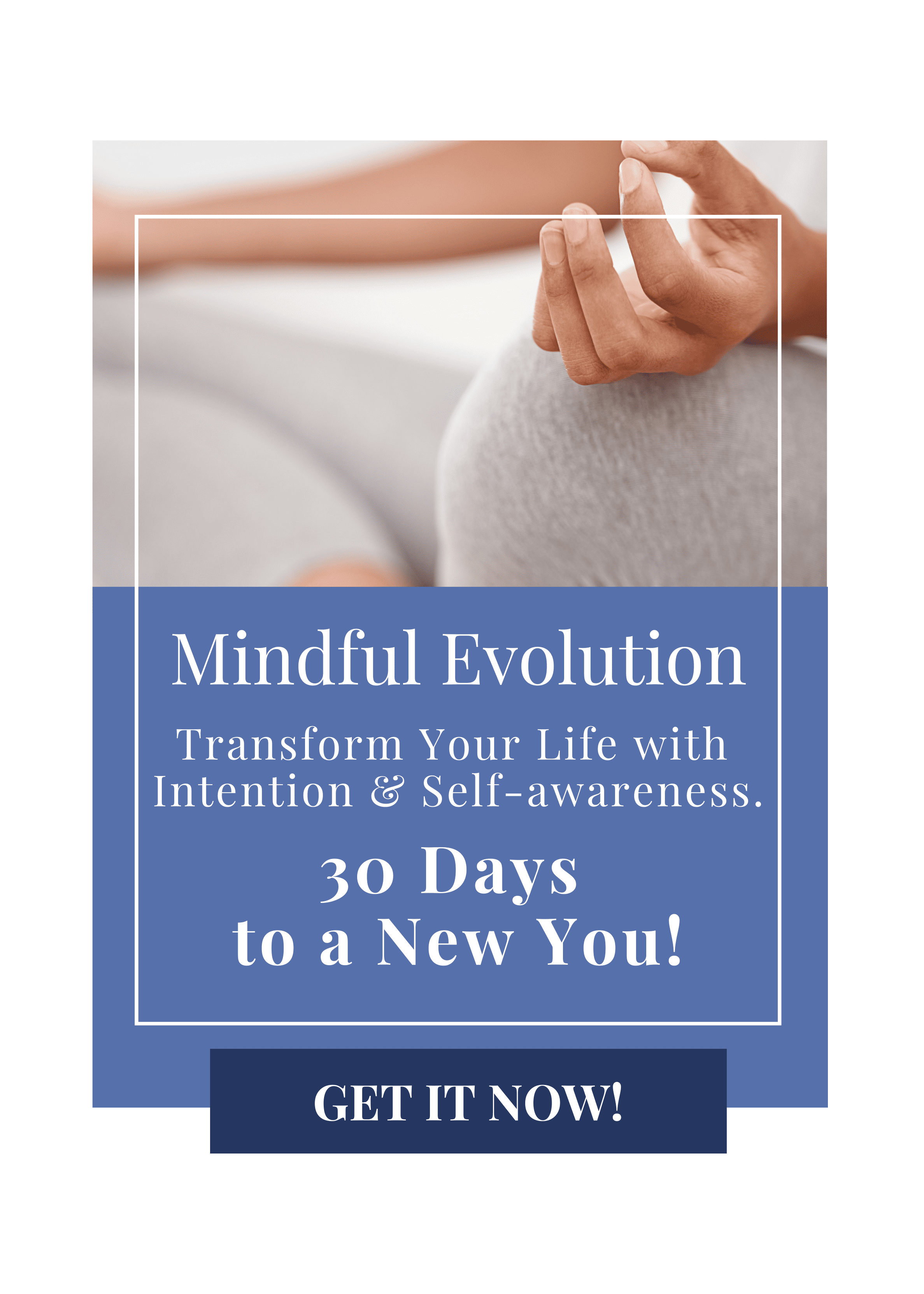This article includes a short introduction to the concept of Swadhyaya + journal prompts + practical and easy ways to incorporate the concept into your life.
NOTE If you just landed on this article be sure to read the first article in this series first:
“What can an ancient text called the Yoga Sutra do for you?”
NIYAMAS – The inner ethical rules.
(Yoga Sutra II.32)
Niyamas is the second limb in the 8 limbs of Astanga Yoga. Ni means inwards or within and Yamas means restraint = as in holding back or trying to stop doing.
The Niyamas are 5 ethical principles for moral conduct and for how you treat yourself. They focus on daily activities, actions, attitudes, and communication. By working with the 5 principles, you work with the areas that can contribute to increasing your sense of joy and happiness.
The 5 principles are: cleanliness (saucha), contentment (santosha), discipline (tapas), self-study (swadhyaya) and surrender (ishvara pranidhana).
The principles of internal awareness and attention are suggestions for relating to yourself. The purpose is to create a healthy inner environment that will help you live a life of the highest quality and achieve your potential. By trying to live by them, you are helping to pave the way for personal growth.

Swadhyaya – self-study, the fourth Niyamas.
(Yoga Sutra II 44)
Swadhyaya is the fourth Niyamas and applies to the practice of self-study. From Sanskrit combining “saw” (self) and “adhyaya” (study or education), which translates to “self-study” or “study of the self.” Swadhyaya consists of 2 primary parts 1) Study of sacred texts and 2) Self-reflection.
The study part refers to the study of spiritual literature, scriptures, or texts that illuminate the nature of the self and the universe, but also to the general act of studying to acquire knowledge and learning. The purpose is to gain insights, knowledge, and wisdom that can lead to a deeper understanding of yourself.
Self-reflection is a fundamental part of self-discovery and your ability for transformation. It involves introspection and self-examination. It encourages you to observe your thoughts, emotions, actions, and reactions to understand their true nature, motives, and patterns of behavior. Through mindful awareness, you can uncover the layers of conditioning that obscure your true self and work towards self-realization and enlightenment.
Self-study is crucial for personal growth and spiritual development because it fosters a deep, introspective understanding of yourself and your relationship to the external world.
Practical steps when working with Swadhyaya.
Applying Swadhyaya to the practice of yoga and any kind of physical exercise.
- Observe your body’s limitations and work to move and change them.
- Track your progress.
- Identify what you need to work on and get a coach/teacher if needed.
- Instead of constantly adding new stuff on, focus on removing or improving what is limiting you.
- Become aware of what is going on in your mind as you practice.
- Know that you always have a choice, to move forward or to back out or down a little.
Applying Swadhyaya to your life.
- Regularly read and contemplate spiritual texts.
- Keep a journal for reflections on readings, thoughts, and experiences.
- Continue to learn and grow in all areas of your life.
- Engage in meditation and mindfulness practices to observe your mind and emotions.
- Seek personal feedback and insights from trusted mentors, teachers, or peers.
- Use mindfulness techniques to understand your strengths, weaknesses, desires, and fears more clearly.
- Be mindful of any habitual patterns that cause suffering and consciously work to transform them.
- Practice compassion both for yourself and others, recognizing our shared human experience.

Important self-investigation.
Swadhyaya is all about developing greater self-awareness. Self-awareness helps to ensure that you do not spend your energy on the wrong things but use your energy wisely and in alignment with who you are and what you stand for.
Turning your attention inward and studying yourself is an essential part of both mindfulness and yoga. But try and see if you can’t take this concept with you out into the “real” world as well. Observe what you do today; the food you eat, the quality of sleep you get, the people you interact with and how they affect you, and the thoughts you choose to focus on, everything you do will affect you and influence how you feel.
Once you know more about yourself, your habits, and your habitual patterns you can observe yourself more closely. How do you react when you are under pressure? When things don’t work out? When you fail at something? An increased awareness of who you are and how you act and react will make you able to make better decisions for your life going forward.
Unpacking all the layers of conditioning, and limitations that you might have absorbed in your life will help to bring forward your true inner core, and letting go of all the stuff that keeps you from being you, will allow you to make decisions that support your true values instead of pleasing others.
Throughout life, you will experience situations that challenge you and therefore contribute to your development as a human being. The more you learn about who you are, the better you become at distinguishing between what you can do something about and change and the things that are beyond your control.
Contemplation and Journal prompts on Swadhyaya.
- What did your thoughts, emotions, and actions today reveal about your current state of mind?
- Can you identify any recurring patterns in your behavior or reactions? What might be their underlying cause?
- What is one quote or teaching from a spiritual text that resonates with you deeply? Why does it speak to you?
- How can you view a recent challenge as an opportunity for personal growth or spiritual development?
- What is one habit you would like to transform and why?
- What qualities would you like to cultivate in yourself?
- How do your interactions with others reflect your inner state?
- Are there any patterns in any relationships that you want to change?
- When was the last time you truly tried to understand someone else’s perspective?
- How can you use my talents, skills, and insights gained to contribute positively to the world around you?
Ready to take the next step – Ishvara Pranidhana!






